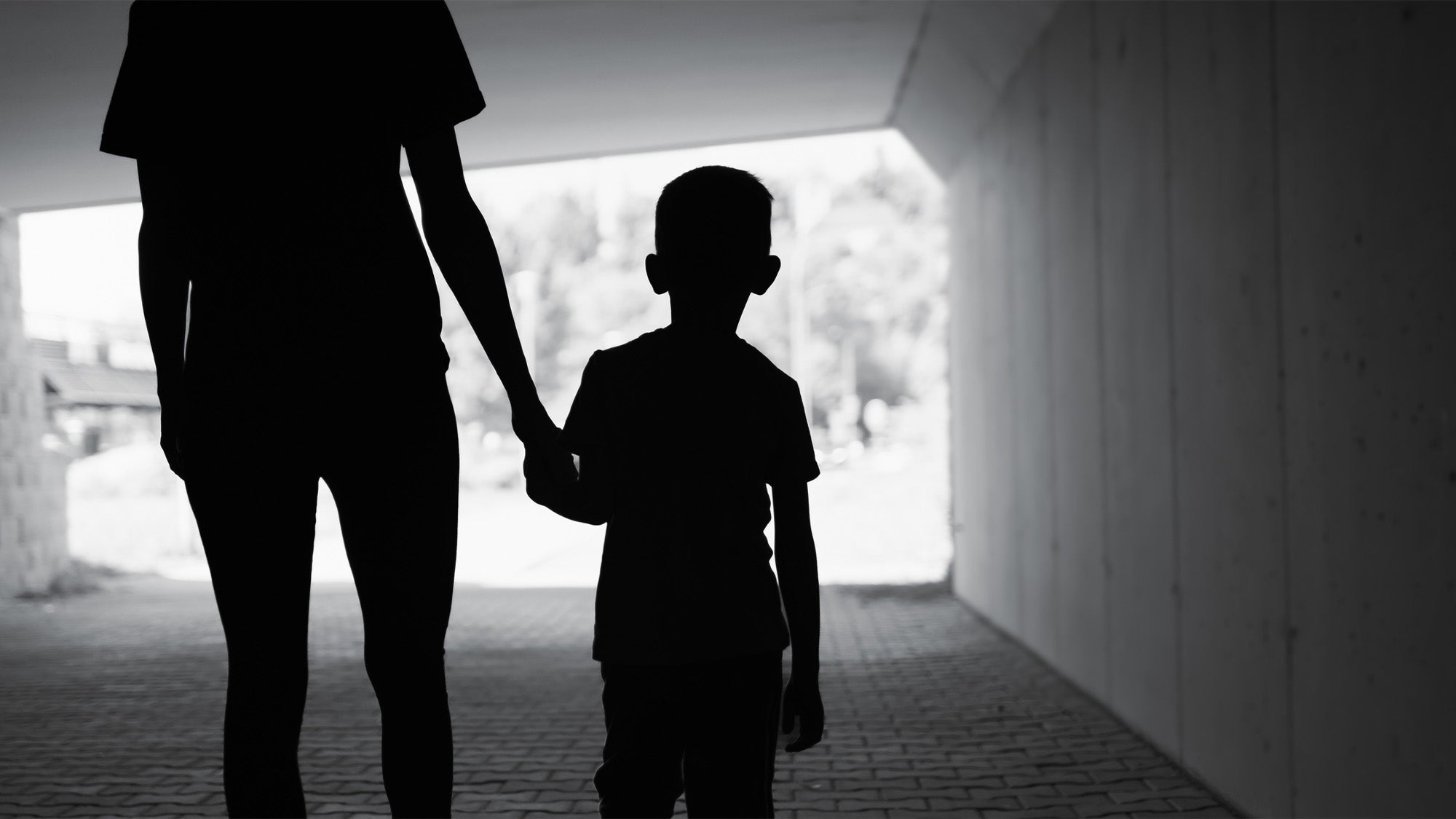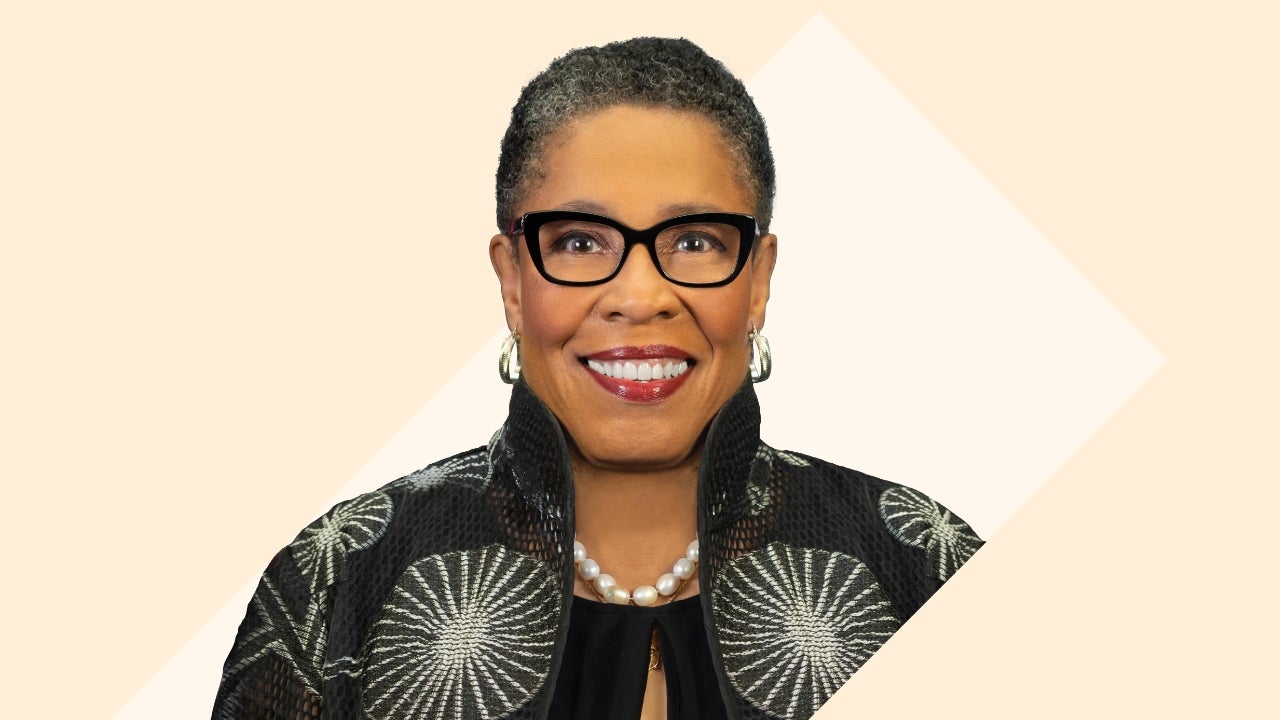Getting to know … Brandon Alexander Anthony, MPH ’22

March 30, 2022 – Brandon Alexander Anthony cares about good design. Armed with degrees in systems engineering from East Carolina University, business from Georgia Tech, and epidemiology from Harvard T.H. Chan School of Public Health, he hopes to launch a company that helps health systems design better services for patients of color, LGBTQ patients, and other marginalized groups.
I used to want to be an architect or an archaeologist. I’ve always had a love for design of buildings and civilizations.
Both of my parents started their own companies. My mom launched her own health consulting firm and my dad started a company as a telecommunications contractor. They ingrained in me when I was young that anything is possible and to not be afraid of taking risks.
Beautiful design can transcend what you can see with your eye. That’s what drew me to systems engineering—it’s a way of helping people in the background. When I was in college, for example, one of the projects I worked on was with a children’s hospital, helping burnt-out healthcare providers with time management. People may never know those of us who worked on that project, but we helped create better patient outcomes.
Before I got my MBA, I worked as vice president of business development for a healthcare consulting firm. We had one large regional health system client, and we were focused on revenue cycle management, ensuring that that they were receiving maximum reimbursements in accordance with guidelines. Later, we focused more on value-based care and collecting the right data to measure patient experiences. Everyone’s always talking about better patient outcomes, but first you have to collect quality data inputs.
I came to Harvard Chan School because even though I had the engineering process improvement background and the framework for running a business, I wanted more exposure to public health. An epidemiologist is a data detective, looking for patterns in data and then figuring out how to tell a story and present that to an audience. I wanted to learn more about how to better understand a patient population so that I could help create that perfect equilibrium where you are meeting your business objectives but also improving your health system objectives.
For my practicum project, I’ve been looking at whether there is a racial bias within mental health treatment. It’s been shown there is a belief that people of color have a higher pain threshold. I was wondering if mental health providers spend less time with Black or Latino patients because they feel like they are more conditioned to handle depression or anxiety, and if that could explain some of their worse outcomes relative to other groups. As it turns out, those disparities are probably much more complex, and one variable doesn’t explain it. Rather, it’s a combination of things that could include access to resources, healthy foods, good-paying jobs, a clean environment, and other factors affecting population health.
My post-graduation goal is to launch a health tech company addressing some of the demographic disparities in health care to improve quality care to patients regardless of their race, national origin, age, gender, sexual orientation, gender identity, geographic location, or socioeconomic status. I’m a big advocate for precision health care instead of a one-size-fits-all approach. I think the next frontier is integrating AI machine learning and digital tools to drive better patient outcomes, and any kind of platform being developed within the health care arena has to incorporate everybody’s experiences, including underserved populations.
My professional career benefitted from living in Atlanta, a very diverse city with a lot of Black professionals. Seeing people who look like me excelling in leadership spaces has driven me to achieve in the past and continues to motivate me. When I’ve gone to other cities, being a Black professional in health care has come with challenges, especially given my young age. I’ve had to work harder to prove that I’m knowledgeable, that I know what I’m talking about. One of my goals post-graduation is to be an inspiration to others and to show people who have had less resources than others that it doesn’t matter where you started out, that it’s possible to work toward and achieve your goals.

I’m very much into fitness. That’s one thing that I do to manage my stress and mental health here in Chicago, where I live now. I like to ride my bike along the riverfront or the lake shore and take pictures of all the beautiful architecture. It goes back to my love of design—Chicago is the birthplace of the skyscraper and I have a love for those tall buildings.
photos courtesy Brandon Alexander Anthony


